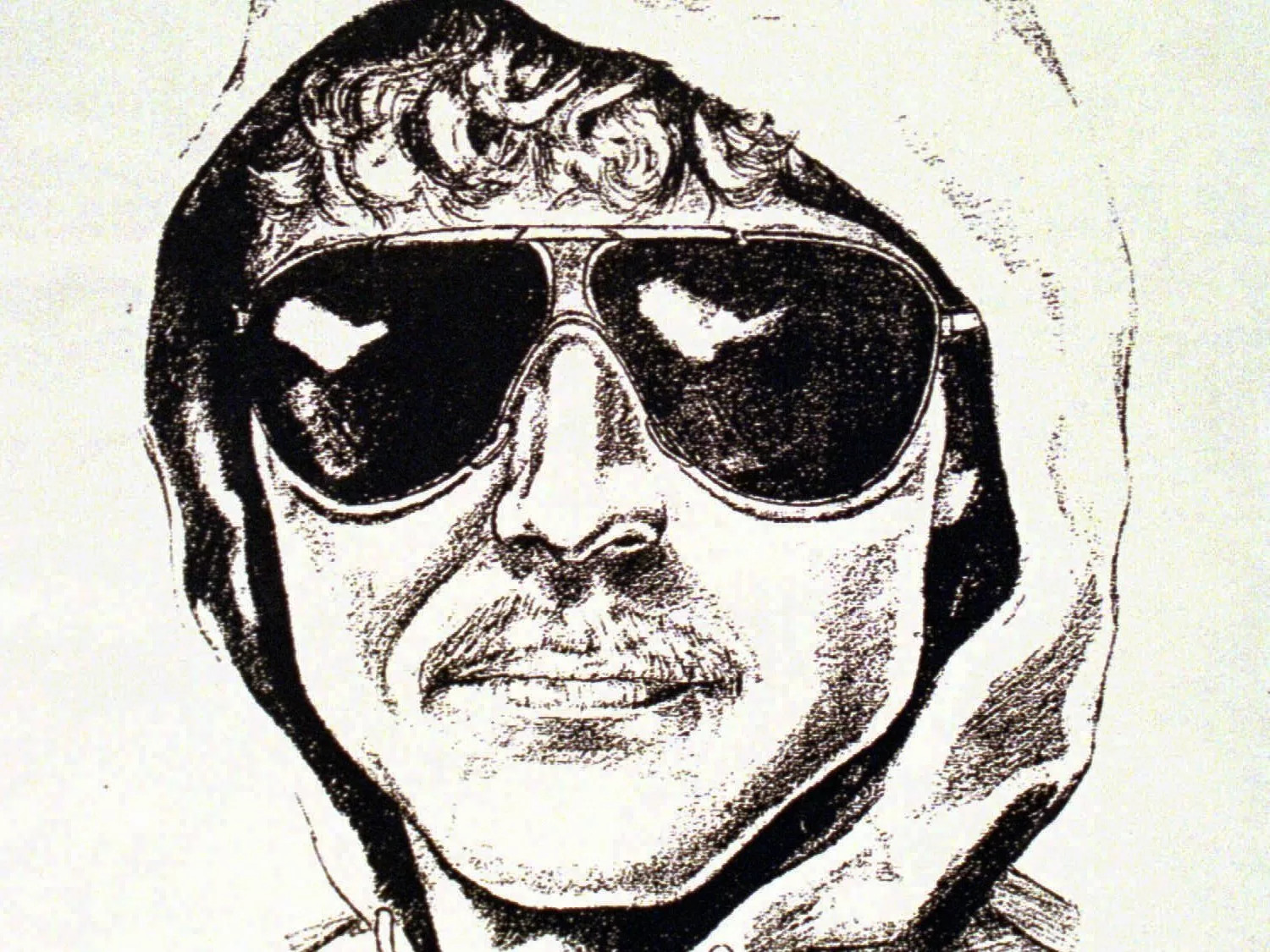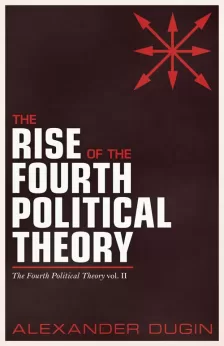Tales of brilliance are often overshadowed by darkness, and perhaps no story exemplifies this more than that of Ted Kaczynski, notoriously known as the Unabomber. An undeniable genius turned solitary saboteur, Kaczynski’s life is a powerful testament to the power of ideology, the cost of intellectual isolation, and the troubled mind behind one of America’s most infamous reigns of domestic terror. Yesterday, at the age of 81, the mathematical prodigy turned societal pariah was found dead in his prison cell in Butner, North Carolina.
Born in Chicago to blue-collar parents, Kaczynski demonstrated a prodigious talent for mathematics from an early age. Identified as a gifted child, his intellectual prowess led him to Harvard University at the tender age of 16. Kaczynski’s rise seemed to be on an upward trajectory when he became the youngest assistant professor in the history of the University of California, Berkeley, at the age of 25. However, in an unexpected twist, Kaczynski abandoned his promising career and retreated from society, secluding himself in a self-built cabin in the rustic tranquillity of Montana. He sought solace in nature and simpler living, turning his back on the fast-paced, technologically infused world that he found deeply alienating.
The young prodigy was soon replaced by a man at war with modern civilization. Kaczynski’s disdain for the technological and industrial world became increasingly militant, culminating in a terrifying bombing campaign that spanned seventeen years. From 1978 to 1995, he orchestrated a series of attacks that took the lives of three individuals and left 23 others injured, sending shockwaves across America. A recluse in the wilderness had become a figure of public mayhem.
His reign of terror was finally put to an end in 1996 when his brother, David Kaczynski, suspicious of the tone and philosophy contained in the “Unabomber’s manifesto” published in national newspapers, tipped off the FBI. Despite a diagnosis of paranoid schizophrenia and an attempted insanity plea by his defense team, Kaczynski stood resolute in accepting his guilt. His defiant stand resulted in a life sentence, ultimately leading him to the lonely end of his life in a federal prison cell.
Yet, Kaczynski’s legacy lies not only in his acts of violence but also in the troubling, thought-provoking commentary contained within his infamous 35,000-word manifesto, Industrial Society and Its Future. Published by the New York Times and the Washington Post in 1995, Kaczynski’s manifesto gave voice to his deep-seated contempt for the industrial-technological system.
The manifesto opens with a chilling observation, one that continues to resonate in an increasingly technological world: “The Industrial Revolution and its consequences have been a disaster for the human race.” He argues that our society’s obsessive reliance on technology has stripped humanity of freedom, autonomy, and dignity, making people mere cogs in a soulless machine. He warns, “Once human beings have been transformed in this way, they will not rebel but adjust their thinking to the new conditions of their existence.”
Kaczynski’s critique extends beyond mere technological dependency. He lambasts modern society’s infatuation with artificial needs, driven by the technological juggernaut: “The system creates a continual stream of artificial needs that can only be satisfied through the work-and-spend cycle, binding individuals to the cycle of toil within the industrial-technological system.” Kaczynski argues that this cycle distorts humanity’s innate connection with nature, instead propelling us towards a dystopian future.
However, Kaczynski’s grievances were not merely philosophical musings. They were the foundations for his call for a revolution against technology, a plea for humanity to abandon its ironclad reliance on machines. “The system does not and cannot exist to satisfy human needs. Instead, it is human behavior that has to be modified to fit the needs of the system,” Kaczynski railed. He genuinely believed technology would bring ruin. To him, this was an imminent catastrophe, and he felt it was his duty to do everything within his power to avert it.
Kaczynski’s narrative also revealed a deep resentment towards academia, ironically the very institution that had once nurtured his genius. He scorned intellectuals and scientists for their role in supporting and perpetuating the system he loathed. “The system has to force people to behave in ways that are increasingly remote from the natural pattern of human behavior,” he wrote, attacking the scholars who blindly endorse technological advancement without contemplating its long-term consequences.
Kaczynski’s manifesto also harbored an alarming prophecy about the advent of artificial intelligence. He predicted a world where AI’s dominance would result in a disturbing power dynamic: “Due to improved techniques, the elite will have greater control over the masses and because human work will no longer be necessary, the masses will be superfluous.” This warning seems eerily prescient today as we stand on the cusp of an AI-driven society.
Yet, the most haunting element of Kaczynski’s manifesto is not the future he feared but the present he loathed. He painted a grim picture of a society enthralled by convenience and novelty, disconnected from nature, and dismissive of essential human values. “The system does not accommodate itself to human needs. Rather, it transforms human needs to suit its own ends,” he declared.
However, the allure of Kaczynski’s anti-technological and anti-industrial philosophy is heavily overshadowed by the violent means he employed to propagate it. His fatal bombing campaign forced the world to acknowledge his intellectual critique but also painted it in the dark hues of terror and destruction. For many, it remains impossible to separate Kaczynski’s profound insights from his disturbing acts of violence.
The story of Ted Kaczynski is one of paradoxes. He was a man who abandoned a promising academic career to live in isolation, who despised technology but used it as a weapon, who denounced modern society but became one of its most notorious criminals. The brilliance of his mind, reflected in his extraordinary mathematical talent and his insightful critique of the industrial-technological system, stands in stark contrast to the devastation he wrought.
As we reflect on Kaczynski’s life and death, his story serves as a grim reminder of the unbridled power of ideology and the disastrous fallout when it is wielded with violent intent. His legacy is a combination of genius and madness, insight and terror, cautionary tales, and unanswered questions. Although Kaczynski’s life ended within the confines of a prison cell, the echoes of his manifesto continue to reverberate in our increasingly digitized and mechanized world. It remains a frightening testament to the destructive potential of brilliant minds gone astray and the sinister side of resistance to the march of progress.











“Once human beings have been transformed in this way, they will not rebel but adjust their thinking to the new conditions of their existence.”
And yet, we see some semblance of humanity in peoples’ subconsciousness, which reveals itself constantly; people retreat to the cottage on weekends, or take day trips out to the country to escape the city. It’s always there, and although people might try to deny this, it’s our caged humanity crying to be free.
Ted was a very smart fellow and his ideas were valid, despite the tactics he utilised to promote his views.
Do not let the bombings stop you from reading him.